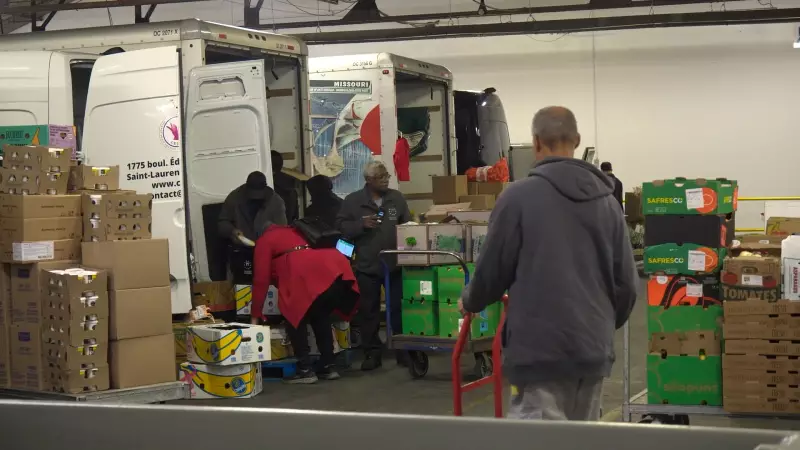
Montreal's public transit strike has escalated beyond commuter chaos, triggering a severe humanitarian crisis that threatens food security for the city's most vulnerable residents. The indefinite STM shutdown has brought food distribution efforts to a grinding halt, leaving essential supplies stranded and organizations scrambling for solutions.
Food Banks Sound the Alarm
Moisson Montréal, the city's largest food bank organization, reports that their entire distribution network has been paralyzed. With over 60% of their agencies inaccessible without public transportation, the consequences are dire.
"We're facing a perfect storm," explains Richard Daneau, Executive Director of Moisson Montréal. "Our partner agencies can't reach our warehouse, our volunteers can't get to distribution points, and most critically, the people who depend on our services are completely cut off."
The Domino Effect on Vulnerable Populations
The strike's impact extends far beyond inconvenience:
- 30 tons of perishable food at immediate risk of spoilage
- 260 community organizations unable to access supplies
- Thousands of daily meals not reaching those in need
- Essential workers in the food security sector stranded
Emergency Measures and Community Response
While some organizations have implemented emergency carpool systems, these measures are proving insufficient to meet the overwhelming demand. The situation has become so critical that food banks are considering unprecedented measures, including potential temporary closures.
The timing couldn't be worse, with winter approaching and food insecurity typically increasing during colder months. Community organizations are pleading for a swift resolution to the transit dispute before the situation becomes catastrophic.
As negotiations between the STM and union representatives continue, Montreal's most vulnerable residents face an uncertain future, caught in the crossfire of a labor dispute that has become a matter of basic survival.





